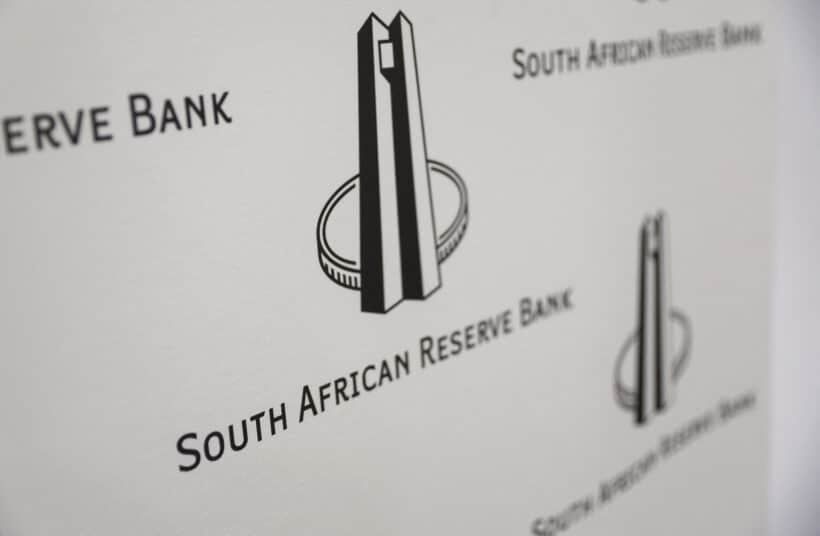
JOHANNESBURG, June 5 (Reuters) – South Africa’s central bank said on Wednesday it expected the country’s financial system to remain resilient despite risks from worldwide elections, persistent geo-political tensions and weak domestic market conditions.
With more than 70 countries going to the polls this year – among them South Africa last month – the South African Reserve Bank said the possible changes in policy that might result had heightened market volatility.
The governing African National Congress (ANC) lost its majority for the first time in three decades in national and provincial elections on May 29.
The ANC said on Wednesday that it was leaning towards a government of national unity with several parties, which last happened at the fall of apartheid in 1994.
The rand has traded erratically since last week as news of the election outcomes filtered through to investors.
At 1331 GMT, the rand traded at 18.89 against the dollar ZAR=D3, around 0.9% weaker than its previous close after a press conference by the ANC where the party discussed its future path.
The party has held discussions with the business friendly Democratic Alliance and radical left Economic Freedom Fighters, among others.
The central bank said in the first edition of its Financial Stability Review, the biannual health check of the financial system, that high exposure to government debt and the weak fiscal position overall, undermined market resilience.
Steady progress had been made to strengthen the domestic financial safety net through the introduction of deposit insurance and a broader financial sector stress-test which included banks and insurance companies, the central bank said.
Globally, geo-political tensions and stickier inflation meant some economies were experiencing divergent recoveries, increasing market volatility.
Despite these risks, the central bank said it expected the financial system to remain resilient over the forecast period to May 2025.
(Reporting by Kopano Gumbi; Editing by Tannur Anders and Philippa Fletcher)

